Hey there, fellow book lovers! Have you ever picked up a novel and felt like you were transported to another time or place? That’s the magic of literature, my friends. And today, we’re going to dive headfirst into the enchanting world of timeless classics – those books that have not only stood the test of time but have also left an undeniable mark on history.
The Power of Literature Through the Ages
Ah, literature – it’s more than just words on a page. Throughout history, books have been catalysts for change, shaping cultures, and challenging societal norms. Think about it: from sparking revolutions to igniting social movements, the written word has always been a powerful force for good (and sometimes, not-so-good).
I remember the first time I cracked open “To Kill a Mockingbird” by Harper Lee. As a teenager, I was blown away by its raw portrayal of racial injustice in the American South. It was a wake-up call, a reminder that the fight for equality is far from over. And that’s just one example of how literature can open our eyes to the world around us.
Exploring the 10 Timeless Classics
Now, let’s get down to business and talk about some truly iconic novels. These are the books that have left an indelible mark on literature, inspiring countless readers and writers alike.
1. “To Kill a Mockingbird” by Harper Lee
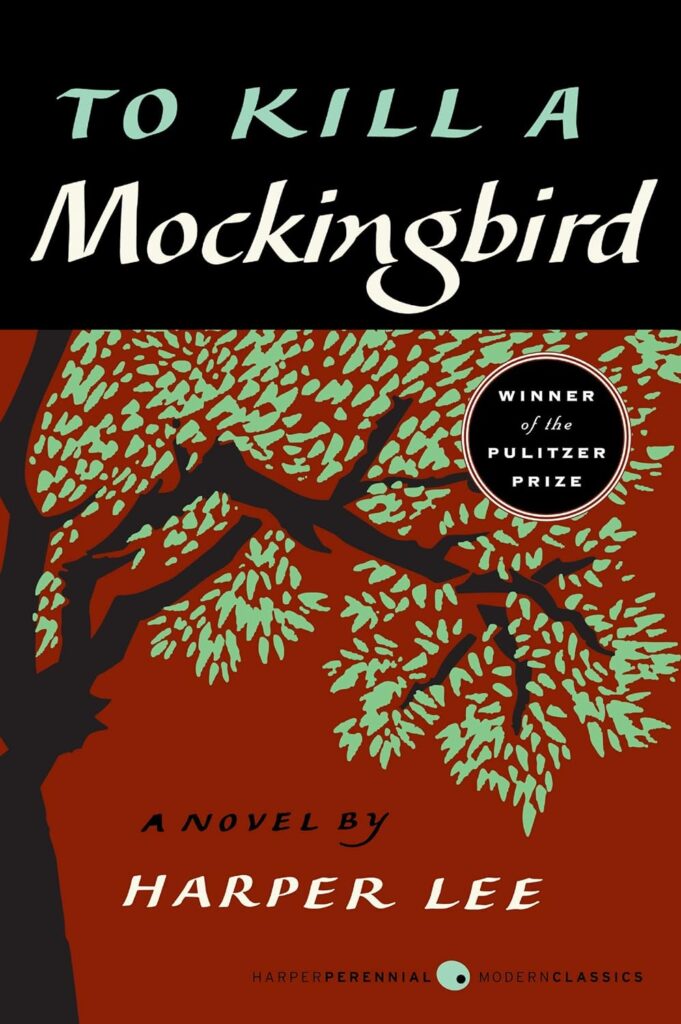
Harper Lee’s masterpiece is more than just a story – it’s a cultural touchstone. Set in the racially charged atmosphere of the 1930s Deep South, the novel follows young Scout Finch as she navigates the complexities of justice, morality, and compassion. It’s a timeless tale that continues to resonate with readers of all ages, reminding us of the importance of empathy and understanding.
2. “1984” by George Orwell
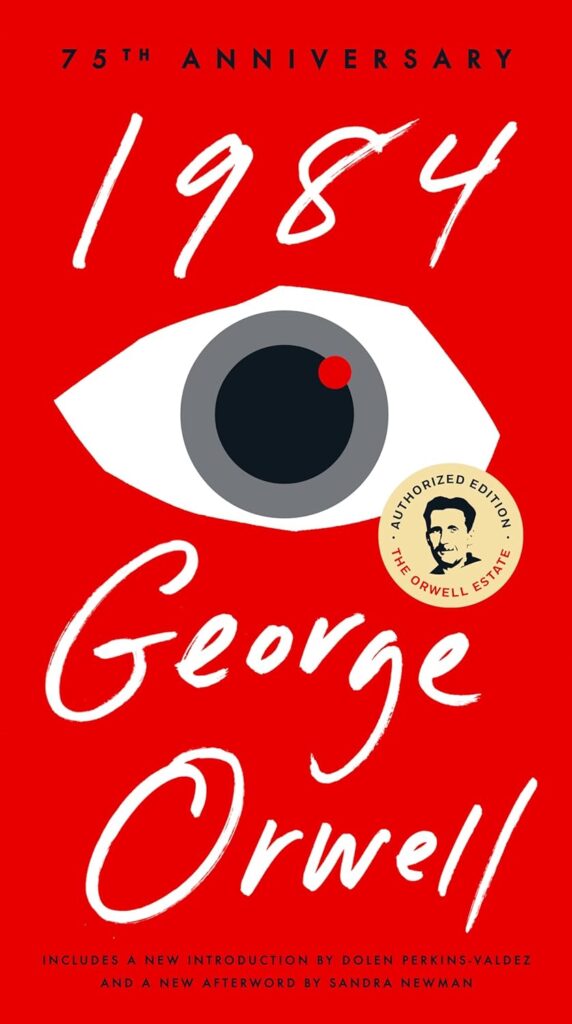
Ah, “1984” – the book that made us all question the nature of reality. Orwell’s dystopian masterpiece paints a bleak picture of a totalitarian society where freedom is a thing of the past. It’s a chilling reminder of the dangers of unchecked government power and the importance of remaining vigilant in the face of oppression.
3. “Pride and Prejudice” by Jane Austen
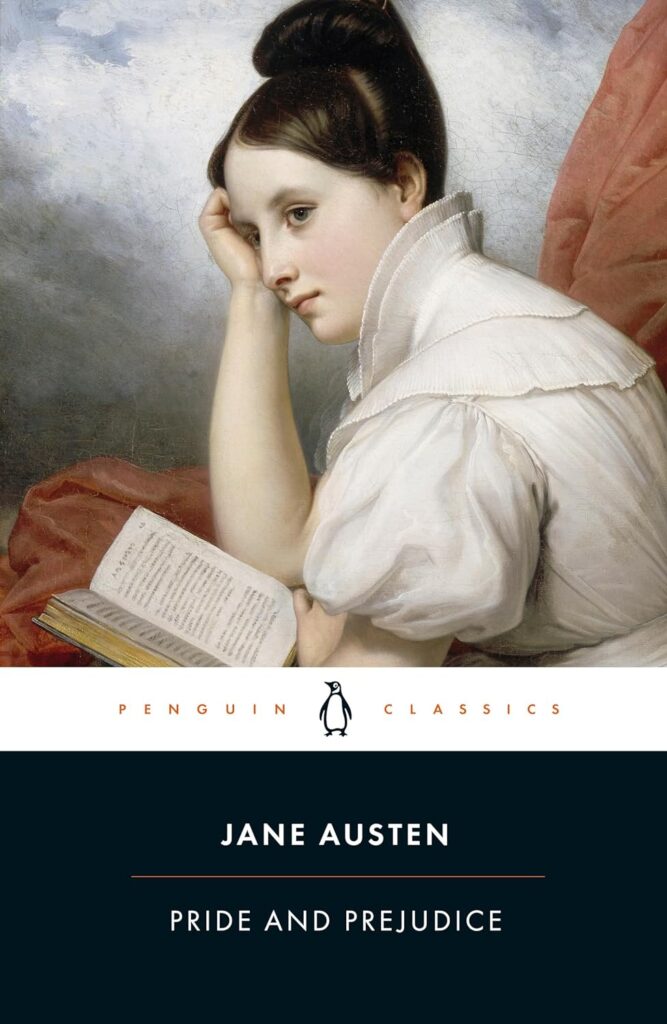
Who doesn’t love a good love story? Jane Austen’s “Pride and Prejudice” is the ultimate romantic comedy, filled with wit, charm, and a healthy dose of social commentary. As we follow the tumultuous relationship between Elizabeth Bennet and Mr. Darcy, we’re treated to a delightful exploration of love, class, and the complexities of human nature.
4. “The Great Gatsby” by F. Scott Fitzgerald
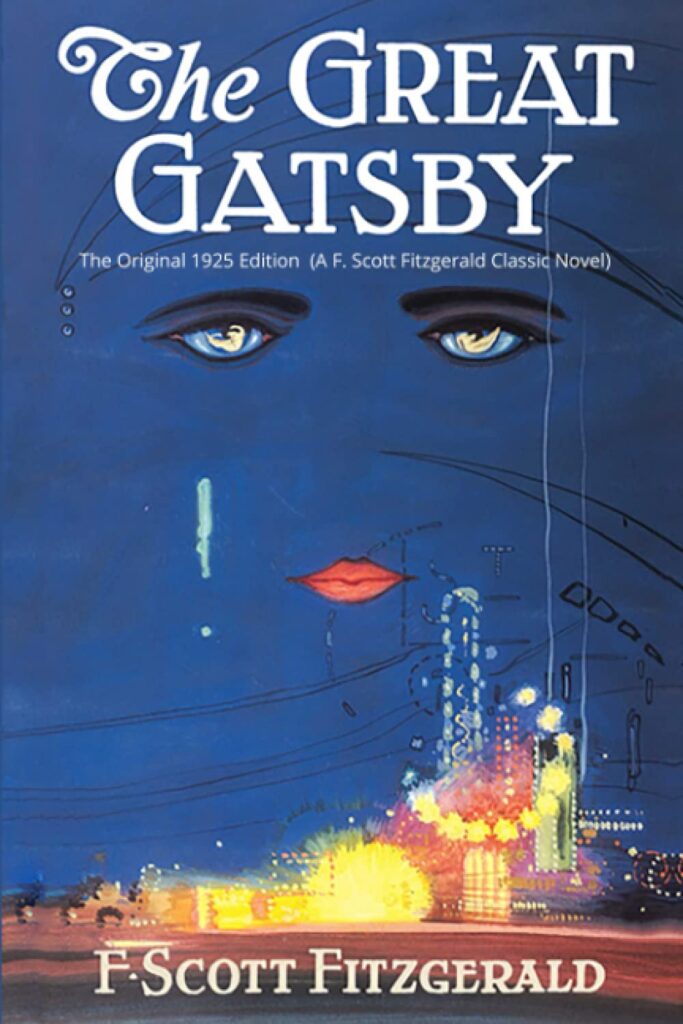
Step into the glittering world of 1920s New York with F. Scott Fitzgerald’s “The Great Gatsby.” It’s a tale of love, longing, and the elusive American Dream, all set against the backdrop of jazz, flappers, and excessive wealth. But beneath the surface glamour lies a story of disillusionment and the emptiness of materialism – a poignant reminder that money can’t buy happiness.
5. “Don Quixote” by Miguel de Cervantes
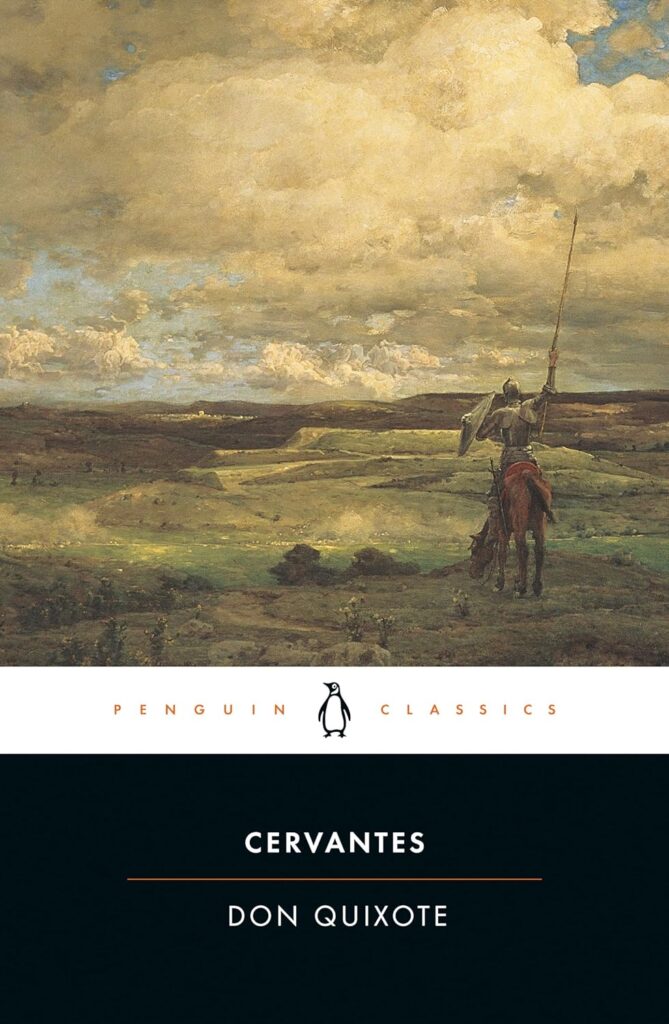
Prepare to tilt at windmills with the eccentric Don Quixote and his loyal squire, Sancho Panza. Miguel de Cervantes’ epic tale of chivalry and madness is a literary landmark, blending humor, adventure, and profound insight into the human condition. It’s a journey unlike any other, filled with unforgettable characters and timeless wisdom.
6. “Frankenstein” by Mary Shelley
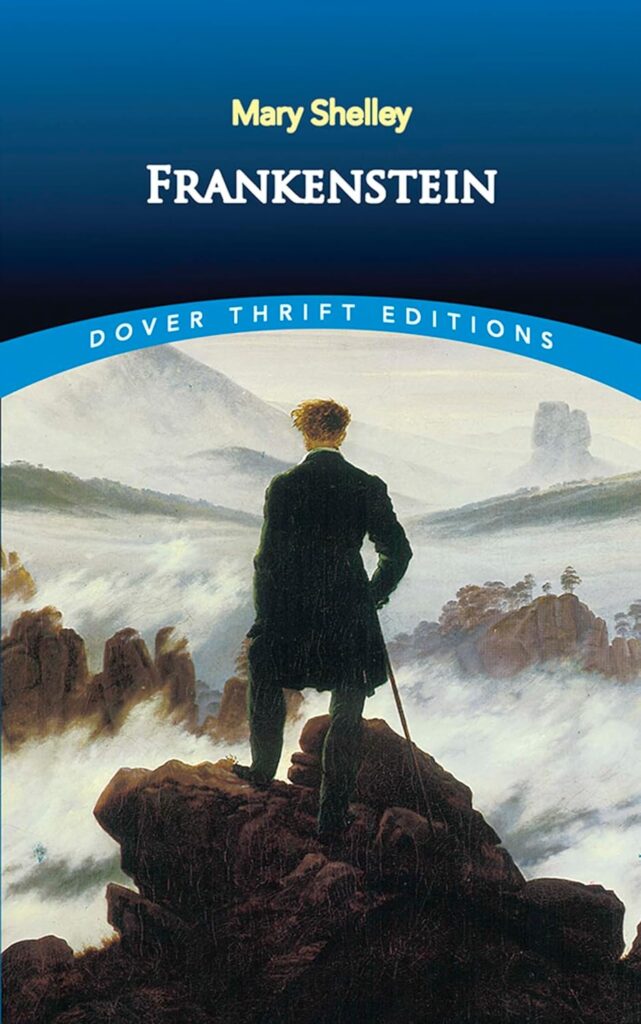
What happens when man plays God? Mary Shelley’s “Frankenstein” explores this question with haunting precision, as scientist Victor Frankenstein dares to create life from death with disastrous consequences. It’s a cautionary tale of hubris and the dangers of unchecked ambition, reminding us of the ethical dilemmas that come with scientific advancement.
7. “War and Peace” by Leo Tolstoy
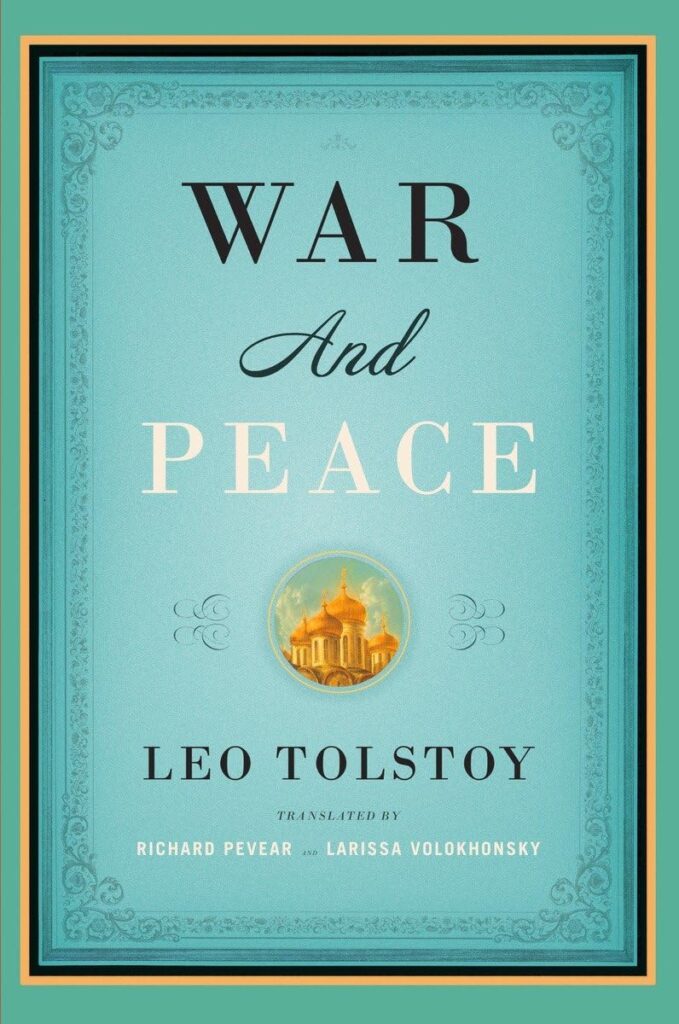
Leo Tolstoy’s epic masterpiece is not for the faint of heart – clocking in at over a thousand pages, it’s a literary marathon. But trust me when I say it’s worth every page. Set against the backdrop of Napoleonic Russia, “War and Peace” is a sprawling epic of love, war, and the search for meaning in an uncertain world. It’s a testament to the resilience of the human spirit and the enduring power of hope.
8. “Moby-Dick” by Herman Melville
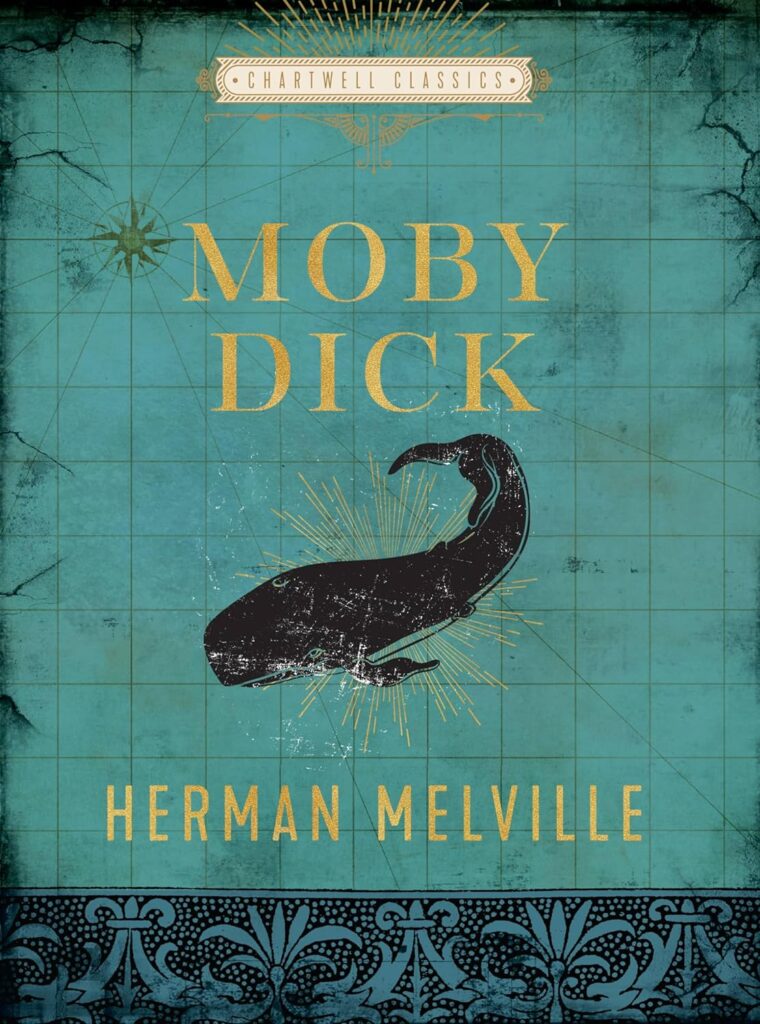
Ah, the white whale. Herman Melville’s “Moby-Dick” is the ultimate tale of obsession and revenge, as Captain Ahab pursues the titular sperm whale across the vast expanse of the ocean. But beneath the surface adventure lies a deeper exploration of man’s relationship with nature and the futility of our quest for mastery over the natural world.
9. “The Catcher in the Rye” by J.D. Salinger
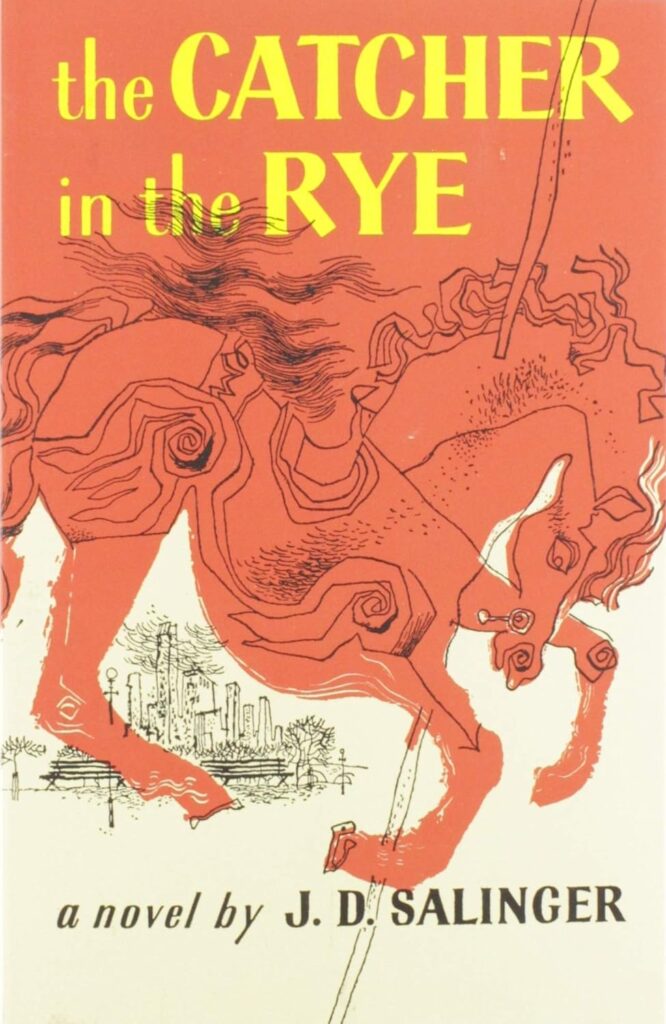
Holden Caulfield may be one of the most misunderstood characters in literature, but his story has resonated with countless readers since its publication in 1951. J.D. Salinger’s “The Catcher in the Rye” is a coming-of-age classic, exploring themes of alienation, identity, and the search for authenticity in a world that often feels phony.
10. “The Odyssey” by Homer
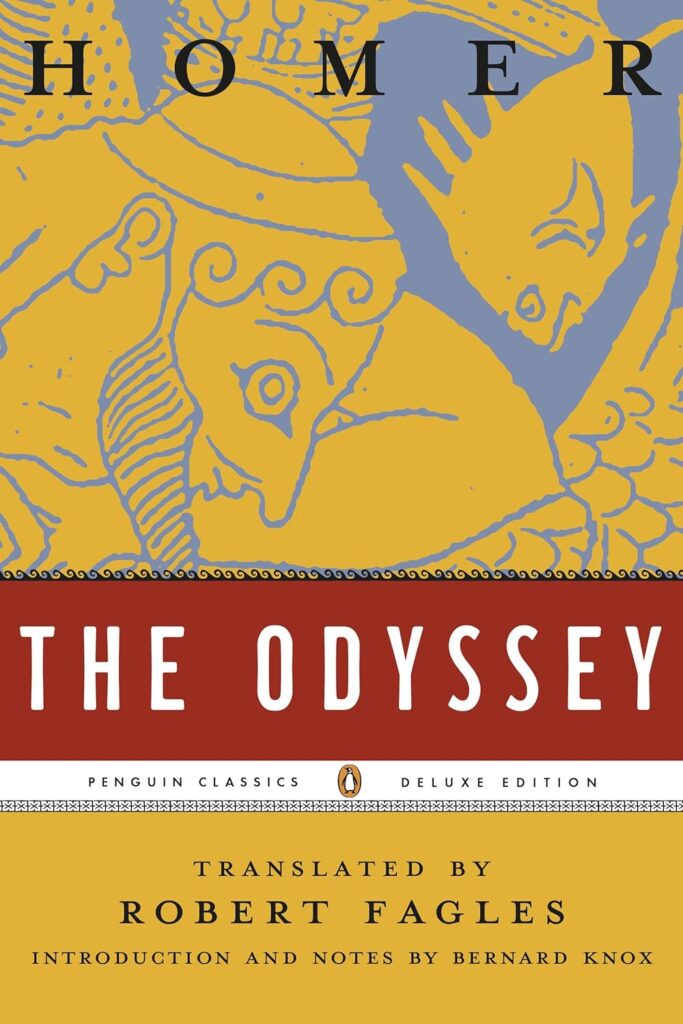
We couldn’t talk about timeless classics without mentioning Homer’s epic poem, “The Odyssey.” It’s the ultimate adventure story, following the hero Odysseus as he journeys home from the Trojan War, facing mythical creatures, vengeful gods, and his own inner demons along the way. It’s a tale of courage, perseverance, and the enduring power of the human spirit.
The Enduring Appeal of Classic Literature
So why should you bother reading these old books, you ask? Well, my friends, the answer is simple: because they’re freaking awesome. But seriously, classic literature has a lot to offer modern readers, from timeless themes and universal truths to rich storytelling and beautiful prose. Plus, there’s something undeniably satisfying about diving into a book that has stood the test of time and coming out on the other side feeling enlightened and inspired.
In conclusion, my fellow bookworms, don’t let the intimidating reputation of classic literature scare you away. These books may be old, but they’re far from irrelevant. So go ahead – pick up a timeless classic and unlock the secrets that lie within. Who knows, you might just change history in the process.
Happy reading! 📚✨

Hi there, just became alert to your blog through Google, and found that it’s
really informative. I’m going to watch out for brussels.
I’ll appreciate if you continue this in future. Many people will be benefited
from your writing. Cheers! Escape roomy lista
I like this weblog very much, Its a very nice situation to
read and incur info.?